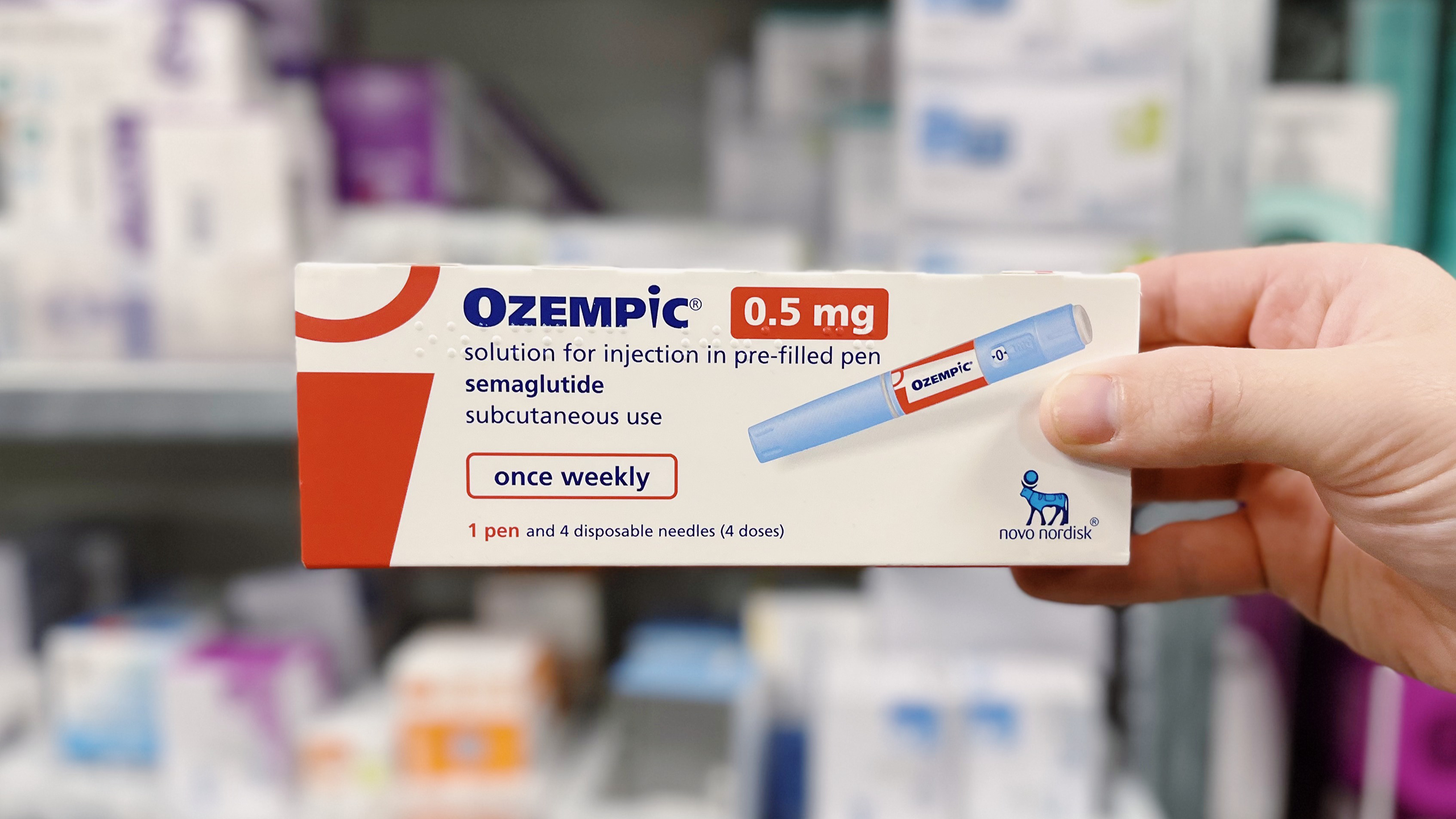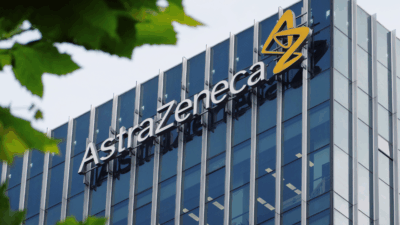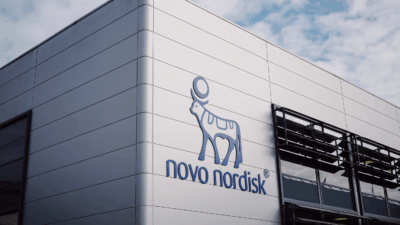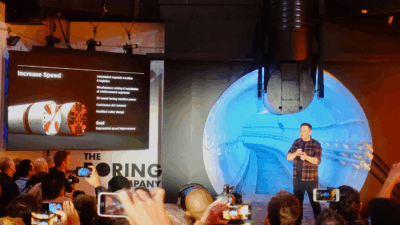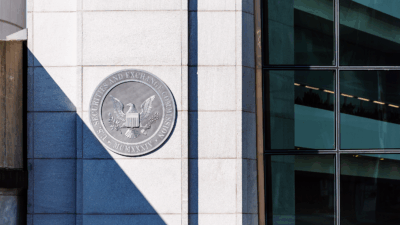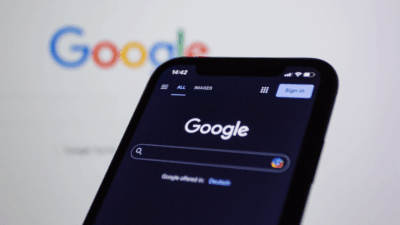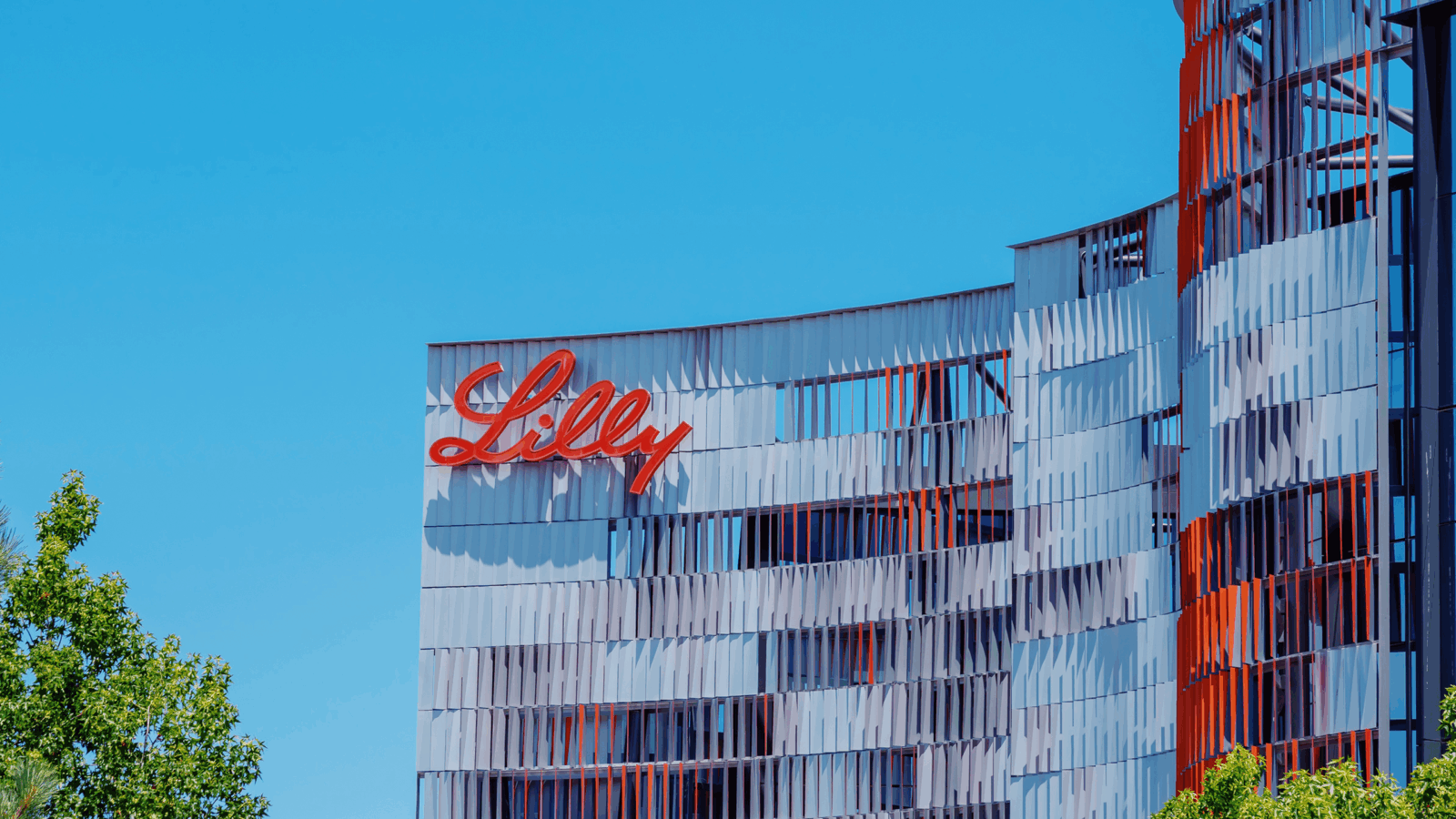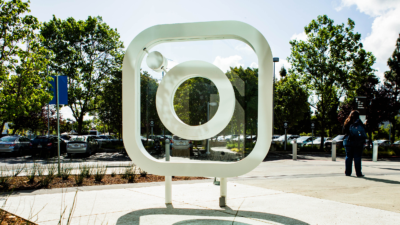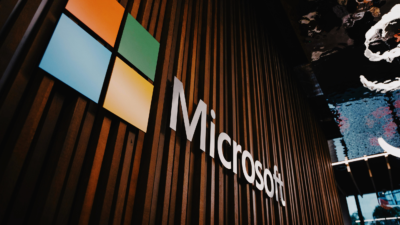FTC Challenges Hundreds of Pharma Patents
The regulator sees some patents as ploys to keep companies from developing cheaper generic versions of 20 different brand-name drugs.
Sign up for smart news, insights, and analysis on the biggest financial stories of the day.
Ozempic may soon be to weight-loss drugs what Advil is to ibuprofen – an expensive alternative to the generic brand. That’s if the Federal Trade Commission has its way.
On Tuesday, the regulator announced it’s challenging hundreds of patents filed by pharmaceutical players that it contends are mere ploys to keep companies from developing and distributing cheaper generic versions of 20 different brand-name drugs.
Patent Flop
Brand-name drugs are typically based on dozens of patented ingredients, manufacturing processes, and other various forms of intellectual properties — protecting them from generic copycats for a 20-year window before expiration (though it’s usually more like 10 years, due to all the clinical testing it takes to bring a drug to market). While the Food and Drug Administration usually mediates and manages patent disputes in the field, the FTC is stepping in this time to flag what it views as “junk patents” unnecessarily filed by pharma players with the intent to “block competition and inflate the cost of prescription drugs.”
The agency is targeting over 300 patents filed by 10 companies, including Ozempic maker Novo Nordisk, as well as diabetes and asthma-related patents from firms like AstraZeneca, GlaxoSmithKline, and Novartis. If the agency’s challenges prove successful, it could expedite the process for generics to hit the market — offering a major boon for consumers and patients:
- A 2021 study published by the American Medical Association’s Jama Network found that introducing one generic competitor reduced initial brand-name drug prices by 17%, while a second reduced prices by nearly 40%, a third by 52%, and a fourth or more by 70%.
- Successful patent challenges could change the weight-loss drug landscape. For instance, if current patents hold, a generic Ozempic competitor isn’t likely to hit the market until 2031, and a prescription for the drug costs around $1,350 a month today, costly enough for some insurers to nix it from coverage plans.
Of course, pharma companies contend that the decade-long protected window is crucial for justifying the massive investment in new drug research and development.
Weight and See: Eli Lilly — not flagged by the FTC for bogus patents — is enjoying the fruits of its exclusive name-brand weight loss and diabetes drugs, Mounjaro and Zepbound. During its first-quarter earnings report on Tuesday, the company increased its full-year revenue guidance by roughly $2 billion more than previous projections, thanks largely to an expected increase in production capacity. That was enough to push its share price to an all-time high; year-to-date, Eli Lilly is trading up about 31%. And it doesn’t have Lina Khan on its case about junk patents.
